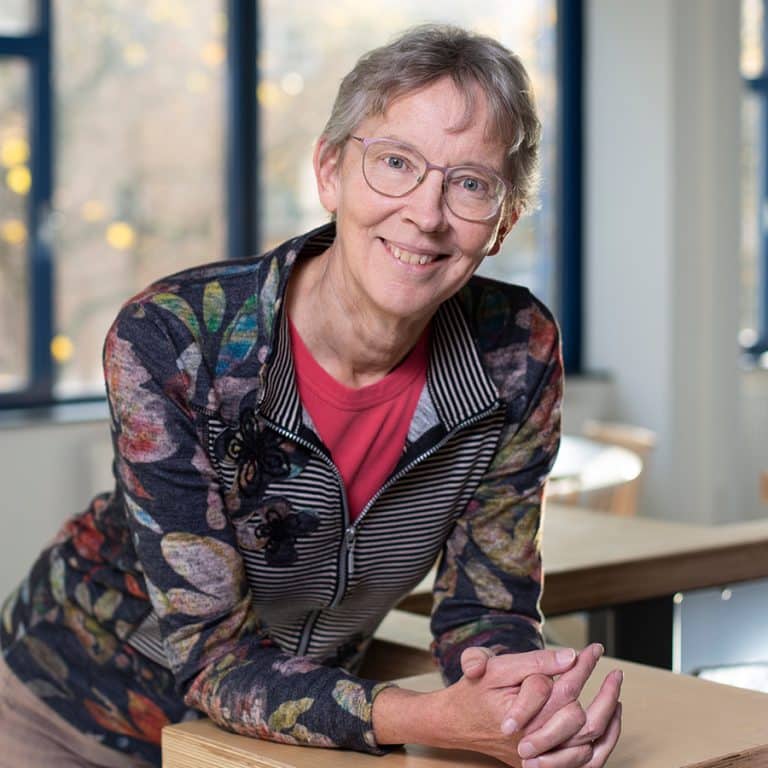
Corinne Hinlopen
Global health advocate
“Health and wealth are incredibly unevenly distributed globally. This is unacceptable, especially in this day and age, where we have committed to the Sustainable Development Goals and have pledged to leave no one behind. We have the money and the means to deliver on our joint Health for All pledge, but the money doesn’t flow naturally to the lowest point where it’s most needed. Instead, it stays in places where it adds little value, and where it often worsens the already existing inequalities.
This is evident, for example, in the Human Resources for Health arena where I work. Richer countries have more money to train and employ health and social workers than poorer countries. They also offer higher salaries and better working conditions than care facilities in lower resource settings. We clearly see how increasing health worker mobility plays out in countries and between countries: the richer regions end up attracting most health workers at the expense of poorer regions – who have invested lots of public money in the training and education of those health workers. This is not just a logical consequence of the free health labour market. It also illustrates the inaction on the part of destination countries to increase their domestic health workforce and their lack of concern for the plight of source countries. This is in stark contrast with the spirit of shared prosperity in the European Union.
Wemos addresses these issues by looking at underlying causes, and by proposing alternative policy options that will help decrease existing inequalities. These alternative options also involve Dutch policies, for example of the Ministry of Health and the Ministry for Foreign Trade and Development Cooperation. This may sound abstract, but exploring new policy avenues is very satisfying. Working at strengthening systems for better health and health care is quite a niche in the international development arena, and Wemos has shown to be a respected partner, through perseverance and dedication, for 40 years already. I’m proud to contribute to this work!”
Corinne focuses on areas such as health systems, human resources for health, mobility and migration of health personnel, and the Sustainable Development Goals (SDGs). Her activities are currently concentrated in the AHEAD Partnership (funded by the European Commission) and Pillars of Health (funded by Open Society Foundations).
Corinne’s work experience has contributed to her knowledge of non-communicable diseases (cardio-vascular disease, cancer, diabetes and obesity) and of nutrition and food issues. She also has extensive knowledge of the Dutch public health sector, which has led to her understanding of the linkages between what we do here (in The Netherlands and Europe) and the effects on health systems in low- and middle-income countries (and vice versa).
Corinne studied Sociology at Wageningen University with specializations in health education and public health. After graduation she worked in Niger, Ecuador, Bangladesh and Italy. In 2001, she earned her Master’s in Public Health at the NSPH (now NSPOH). For several years thereafter she worked for GGD (Dutch Community Health Services), the Netherlands Nutrition Centre, the Dutch Heart Foundation and the Dutch Cancer Society (DCS).
Back to the overview
